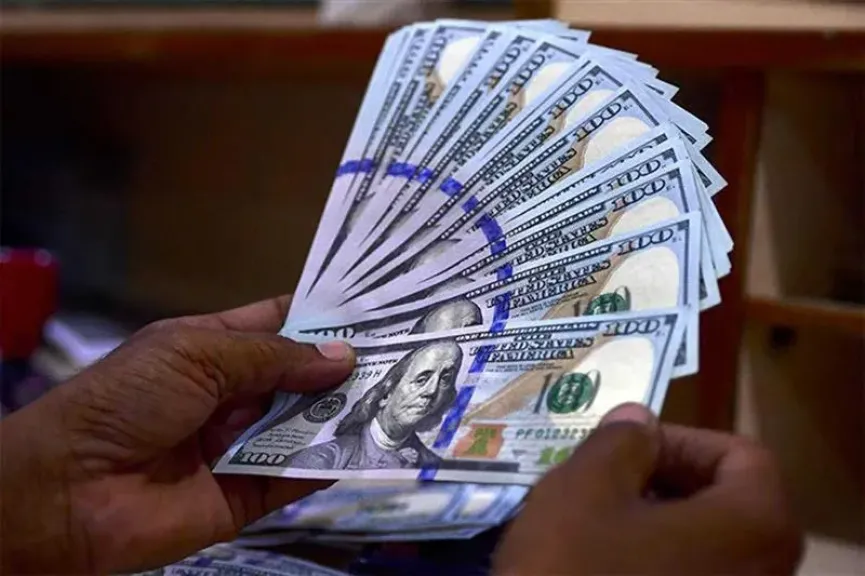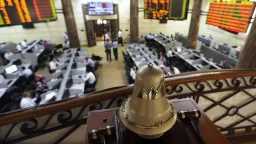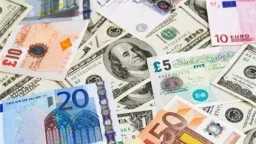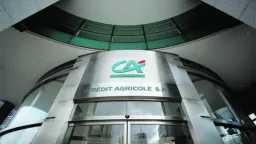Egypt top banks ease FX rules for travellers amid improved market stability

Egypt’s top banks announced on Tuesday a package of measures to ease access to foreign exchange (FX) for travellers, cut fees, and raise card usage limits abroad — a move seen as part of wider efforts to boost confidence in the local banking sector and meet customer needs amid improving foreign exchange availability.
These banks include the National Bank of Egypt (NBE), Commercial International Bank (CIB), and Arab African International Bank (AAIB).
The NBE said it will provide foreign currency to customers travelling abroad within the maximum limits permitted by law at Egyptian airports and ports.
Under customs regulations, travellers may carry up to $10,000, or its equivalent in other currencies, without declaration. Any amount above this threshold must be declared on arrival via a customs form, and travellers may take out the remaining amount declared upon entry, provided they hold proof of the original declaration.
The rules also allow a maximum of EGP 5,000 in local currency when entering or leaving the country.
In parallel, the NBE reduced its currency procurement markup fees on credit card transactions from five to three percent, making international purchases more affordable for its customers.
The moves follow a recent circular from the Central Bank of Egypt (CBE) cancelling a requirement, introduced in October 2023, for banks to verify a cardholder’s physical presence abroad within 90 days of activating foreign usage limits.
The CBE said banks still retain the right to monitor credit card transactions to ensure they are made outside Egypt, and they can take action if customers fail to provide proof, in line with earlier circulars issued in February 2024.
Meanwhile, the CIB announced a reduction in its foreign exchange margin to three percent, down from five percent, across all credit cards, effective 13 August 2025.
However, the AAIB said it had doubled its foreign currency purchase limits inside Egypt and increased card usage limits abroad to $10,000.
It noted that the changes were aimed at enhancing customer flexibility and facilitating transactions while travelling.
The easing of FX restrictions reflects an improvement in FX liquidity, helped by stronger foreign inflows, higher remittances, and renewed investor confidence.
These developments come as Egypt continues to liberalize its currency market and attract foreign investment — part of broader economic reforms supported by the International Monetary Fund (IMF).
Egypt has engaged in an $8 billion loan deal with the IMF, under which it took a package of corrective measures on 6 March 2024.
These measures included raising the key interest rates by six percent and applying the fourth wave of the local currency devaluation against a basket of foreign currencies, including the US dollar.
This has led, so far, to a significant rise in the remittances of the Egyptians working abroad, an increase in FX liquidity, and a record growth in the international net reserves (NIRs).
Moreover, the Egyptian pound performance has recently improved against a basket of other currencies. Since 1 July, its rate has reached approximately 2.2 percent against the US dollar, which is about 3.4 percent against the euro and almost 4.1 percent against the sterling pound.
The Egyptian pound is now traded at the highest level against the US dollar and other currencies in almost a year.
The fifth and sixth reviews of the IMF’s deal loan for the country are expected to be completed in December.














